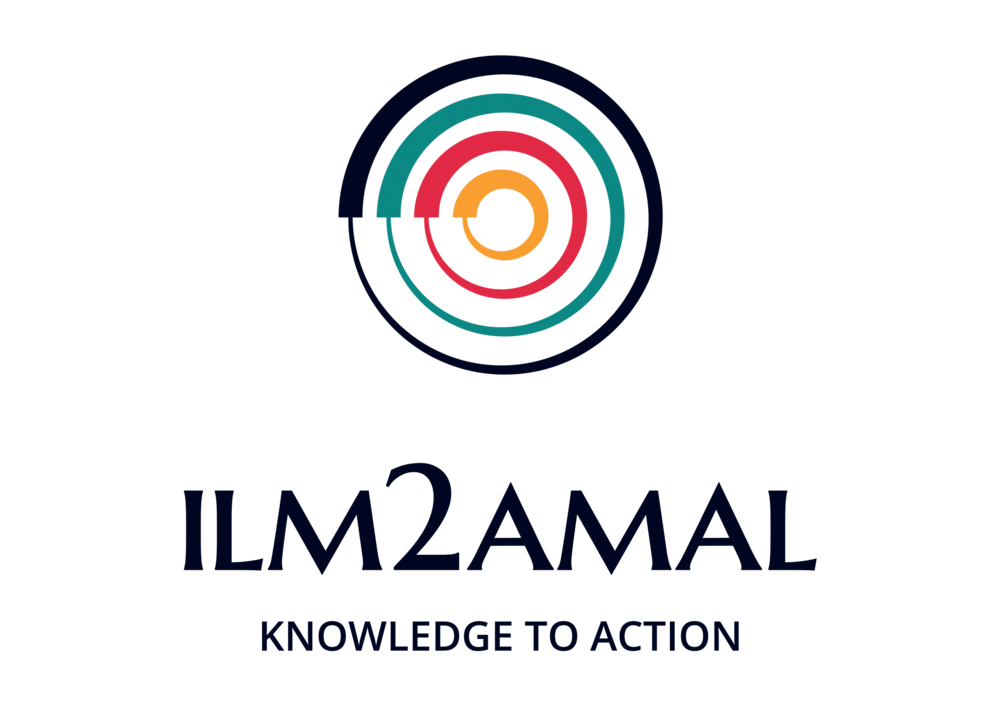By Aneesah Kholwadia
Student Voice: A series of blog posts with a special student perspective.
The second year of A Levels is a jumble of final exams and university applications: a time pervaded with a sense of ominous finality. It was in this stage of rampant decision making that I came to realise the tragic myth which is educational freedom. Rather than being encouraged by others to continue further education in a field that I felt was suited to me, it seemed I was meant to conform to a history of academic convention and seek a career in Medicine. My passion was and is English (evidently quite a different pathway to Medicine).
However, the only possible consequence of pursuing an education in the Arts seemed definite failure. I was told on numerous occasions how ridiculous it was for me to consider a degree in English; that it was a ‘Mickey Mouse’ course with no direction. For others it was clear cut- science supersedes art because it holds substance not style. The Arts seemed privileged and pretentious in comparison, a stylistic education not a practical one. I was told it would be better to keep writing as a side hobby alongside a sensible career. At the age of 17, already burdened with the heavy responsibility of making formative life decisions, I found it particularly hard to persevere in my passion without the constant dread of future ‘I told you so’s’.
It was made quite clear to me that the path to success was not the one I yearned to tread on. However, the definition of success is not quite as rigid as it is made out to be. In fact, what constitutes success is subject to an individual themselves as it is not limited to tangible matter like money. Rather, success has an emotive basis too. It is contentment and satisfaction with feeling that you have done something worthy. Therefore, by taking this concept of success, there is no one distinct pathway to achieving success. As a result, it remains a possibility outside the domain of science, in the world of Arts too.
Through the support of a few, significant individuals in my life, I pushed my eagerness for English and applied for a degree in Language and Literature. Though it is still early days, I feel no regret in this decision. The actual process of persuading any opposing figures was strangely integral in reaffirming my passion for English and my disregard for academic convention. The danger of conventions is that they limit the multi-dimensional development of children.
To employ a holistic model of education with an integrated focus on the mind, body, soul and heart will encourage and explore the potential of children far more effectively. Intellectual potential can be combined with emotional and social potential. Therefore, it is not just having the academic ability to achieve something but also the passion for it and a desire to work for practical impact.
This comprehensive outlook holds greater capacity for success than a simplistic, single tier concept of development.
I know that my younger self longed for my future to not simply be a projection of other people’s choices and rather make the decision with the advice of others, but ultimately myself. At the cusp of adulthood, yet invariably still a child, preordained cookie cutter shapes of possibility are suffocating. You wish to go beyond and self discover in place of having another decide for you. Education is a means for that- it is that realm of infinite prospects.
My point is not to demean the value of a career in science- medics, optometrists, engineers etc hold significant value for society. Rather, it is to reaffirm the ignored value of the individual which is nuanced and vibrant with possibility.

